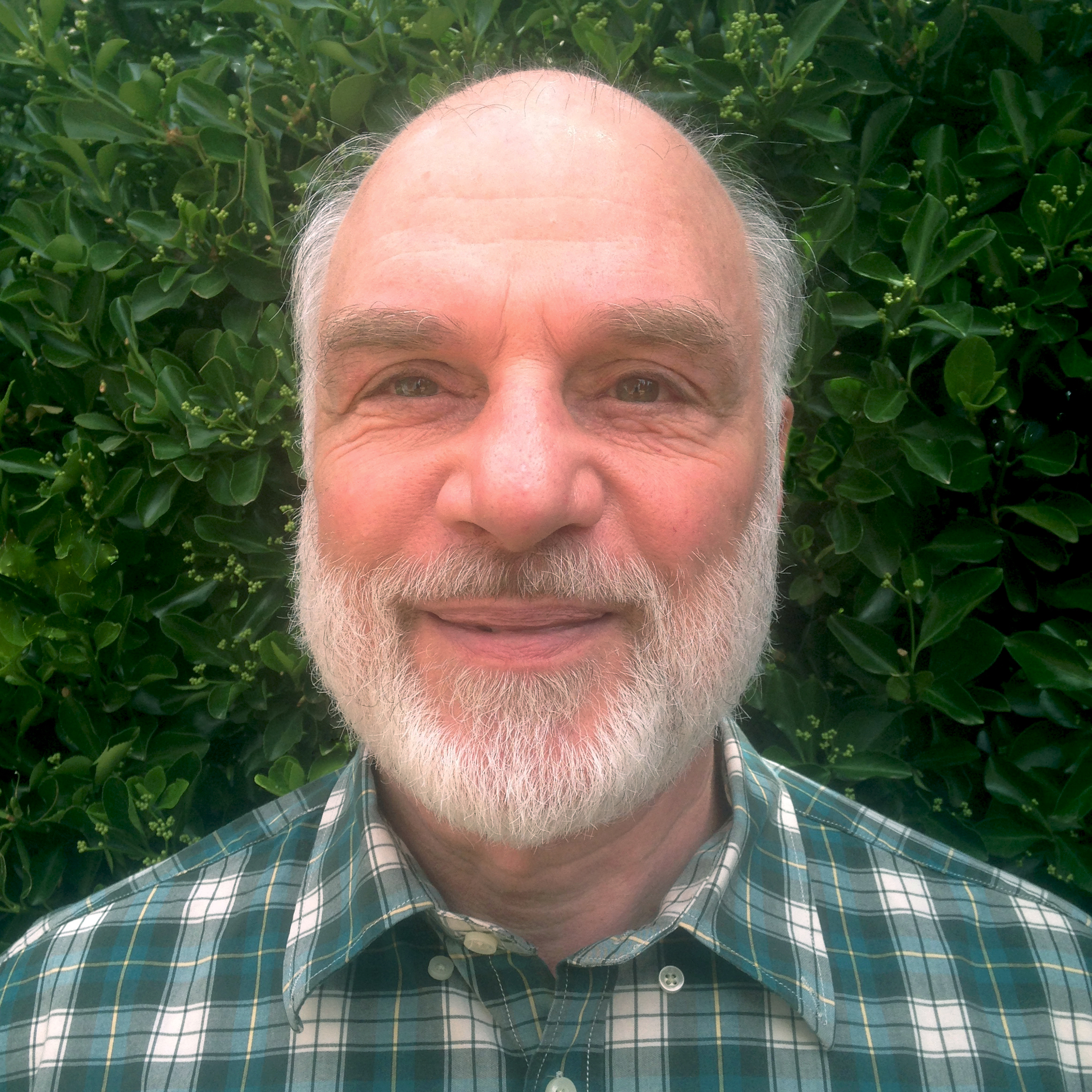Posted by Horton Tatarian, research biochemist, on 19th May 2015
How Stress Causes Disease, Part 2
Part 1 introduced the concepts of stress, oxidative stress, and oxidative damage. The following points are from Part 1:
- Stress (a pressure or force) has many forms, including psychological, mechanical, and oxidative.
- Your cells handle a certain degree of oxidative stress within them as part of their normal functions.
- Oxidative cell damage or cell death occurs when oxidative stress exceeds your cell's antioxidant reserves.
- Damaged or dying cells cause tissue and organ failure in every degenerative disease.
Oxidative cell damage is linked to persistent symptoms of anxiety, depression, fatigue, and forgetfulness. These symptoms often precede the diagnosis of a degenerative disease. Oxidative cell damage can grow to cause the serious cell and tissue dysfunction of degenerative disease.
A degenerative disease is any health disorder that involves a deterioration or loss of cell and tissue structure or function. Any living cell of the body, regardless of its location, can degenerate from accumulated oxidative damage. Deteriorated cells malfunction, die or become cancerous.
Degenerative disease is pandemic in societies heavily exposed to toxic chemicals and inferior foods. Common degenerative diseases include:
Acquired Immune Deficiency, Alzheimer Disease, Amyotrophic Lateral Sclerosis (ALS), Arteriosclerosis, Atherosclerosis, Attention Deficit Hyperactivity Disorder (ADHD), Autism, Autoimmune Disease, Benign Prostatic Hyperplasia (BPH, enlarged prostate), Benign Tumor (many types), Bipolar Disorder, Brain Dysfunction, Burnout Syndrome, Cancer (many forms, most commonly of the blood, breast, colon, lung, prostate, and skin), Cardiac Arrhythmia, Carpal Tunnel Syndrome, Cataract, Chronic Fatigue Syndrome, Chronic Obstructive Pulmonary Disease (COPD), Chronic Pain Syndromes, Chronic Sinusitis, Coronary Heart Disease, Degenerative Dementia, Diabetes (Types 1 and 2), Eczema, Erectile Dysfunction (ED), Fibromyalgia, Gastric Ulcer, Glaucoma, Hashimoto Thyroiditis, Hearing Loss, Hemorrhoids, Hepatic Steatosis (Fatty Liver), Hypertension, Inflammatory Bowel Disease (IBD), Insomnia, Macular Degeneration, Major Depressive Disorder, Multiple Sclerosis, Neuropathy, Osteoarthritis, Osteopenia and Osteoporosis, Parkinson Disease, Post-Traumatic Stress Disorder (PTSD), Rheumatoid Arthritis, Stroke, Systemic Lupus (SLE), and the numerous autoimmune processes that develop in almost every body tissue from oxidative damage and uncontrolled cell death.
Your state of health or disease reflects the status of the biochemistry within you. Molecules compose your cell parts as directed by your DNA, your inherited master molecule. In effect, your physical and emotional health depend greatly on the condition of the components of which you are composed.
Apart from implants or transplants, your body structures are derived from the foods and dietary supplements that you consume. Eat right, exercise, and avoid toxins. Also take the best dietary supplements for you. Contact us when you need help with your selections.
Back to Part 1
About Horton Tatarian

I’m a biochemist who examines scientific findings on health and disease. My degree in biochemistry is from U.C. Berkeley. UCLA School of Medicine granted an M.D. degree in 1974. Since then, independent research prepared me to advise clients on natural ways of self-care.

